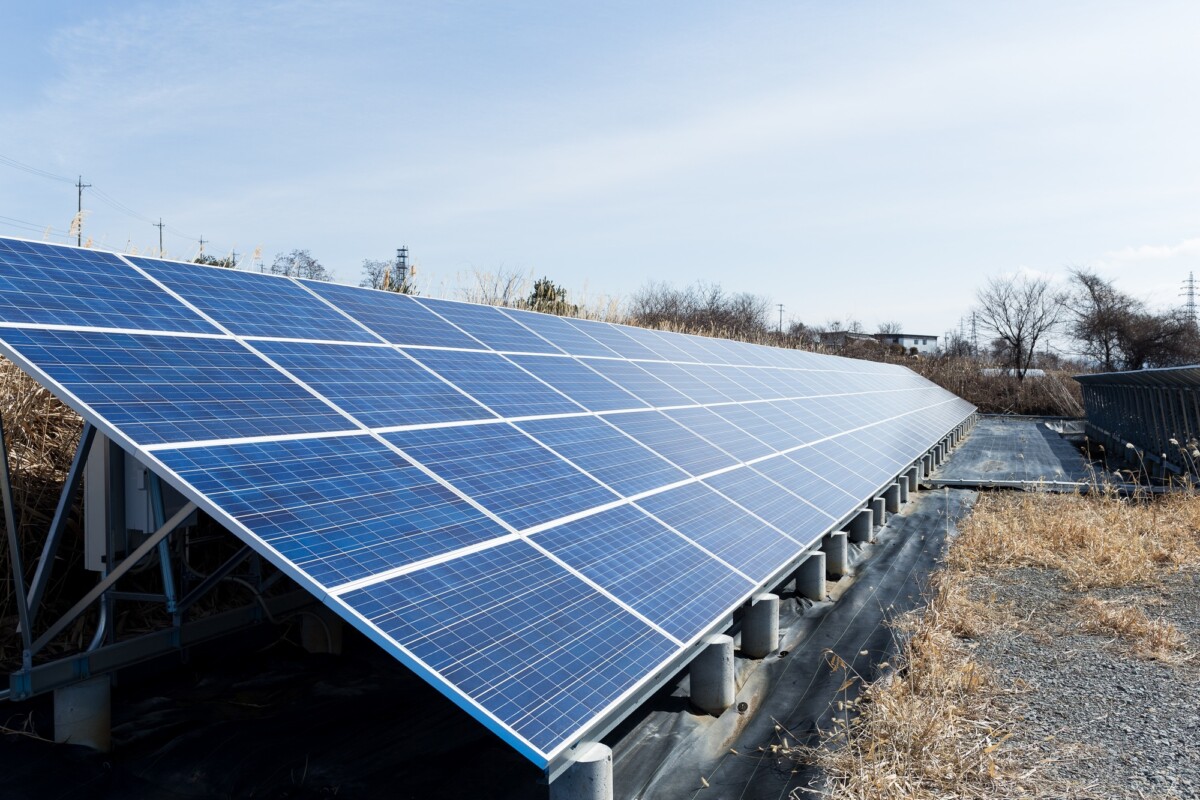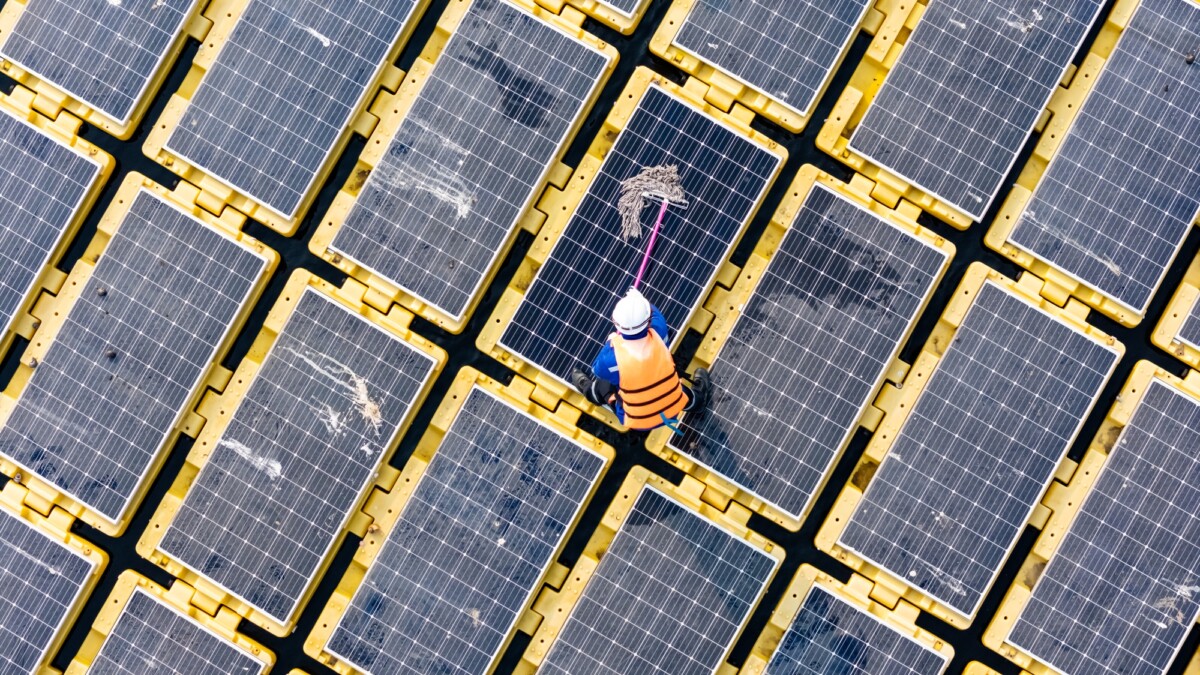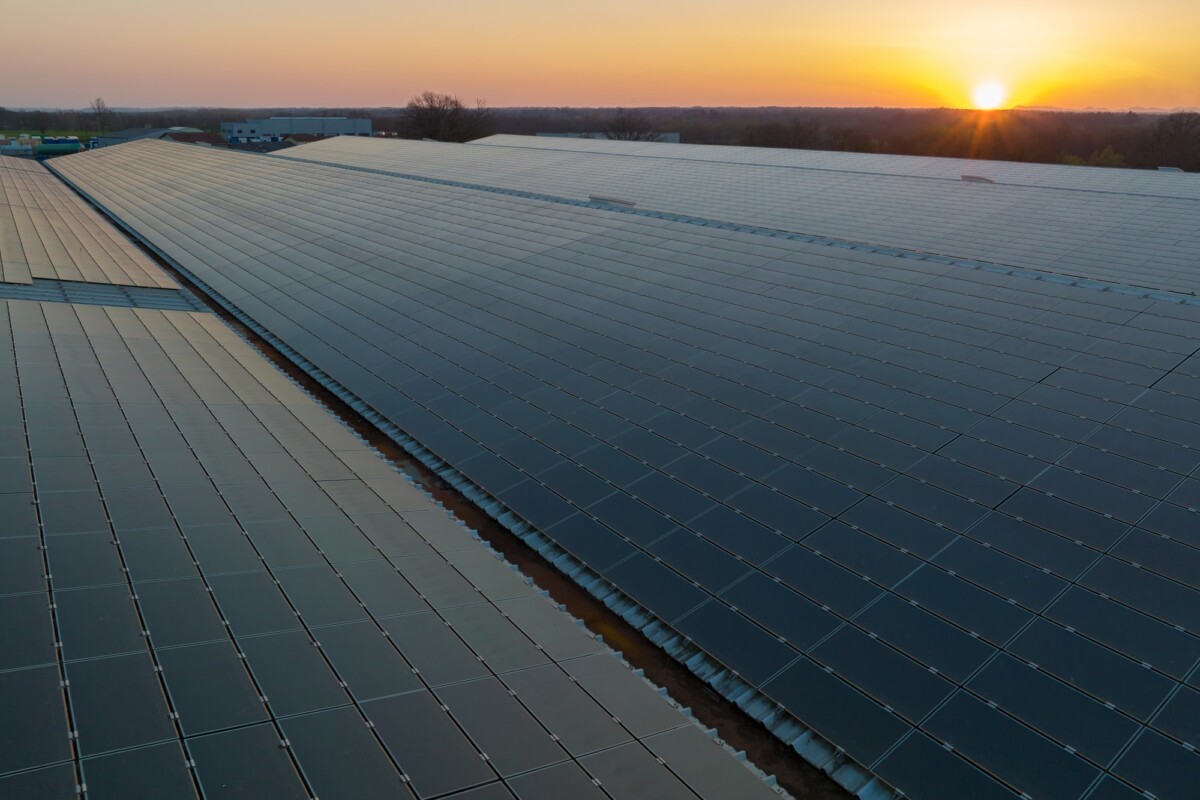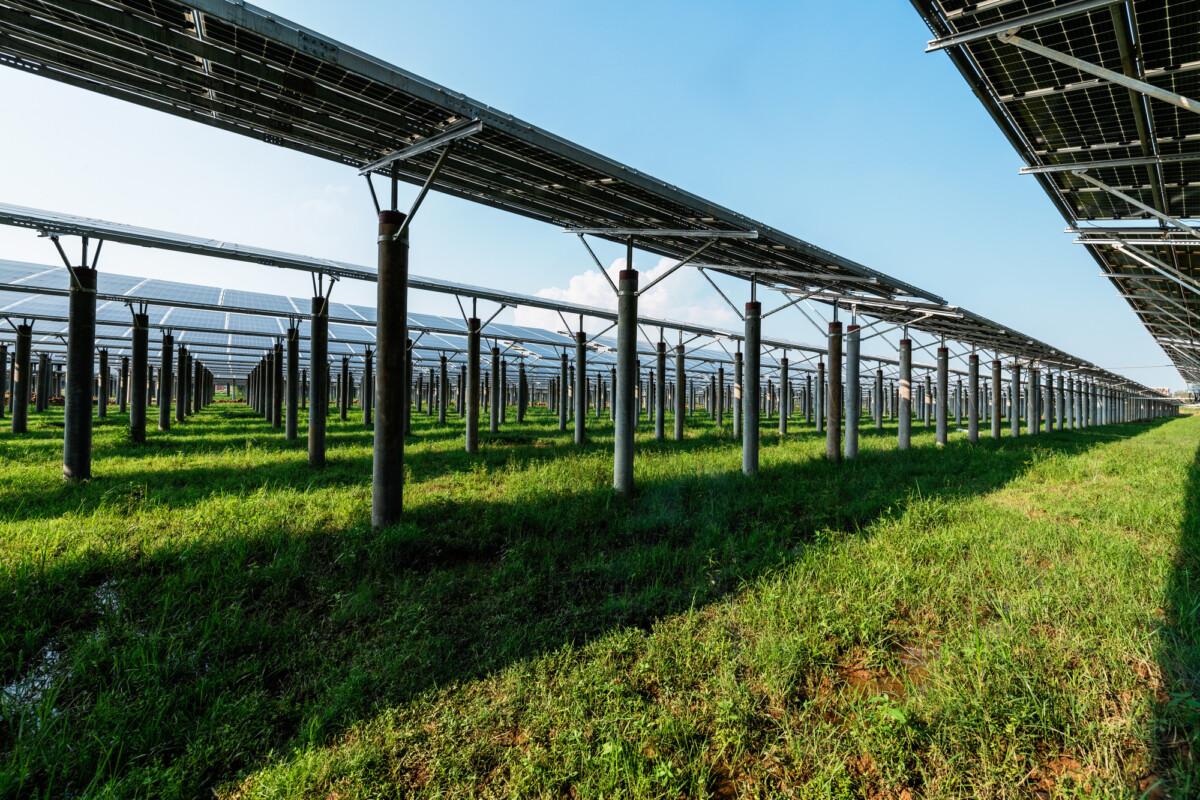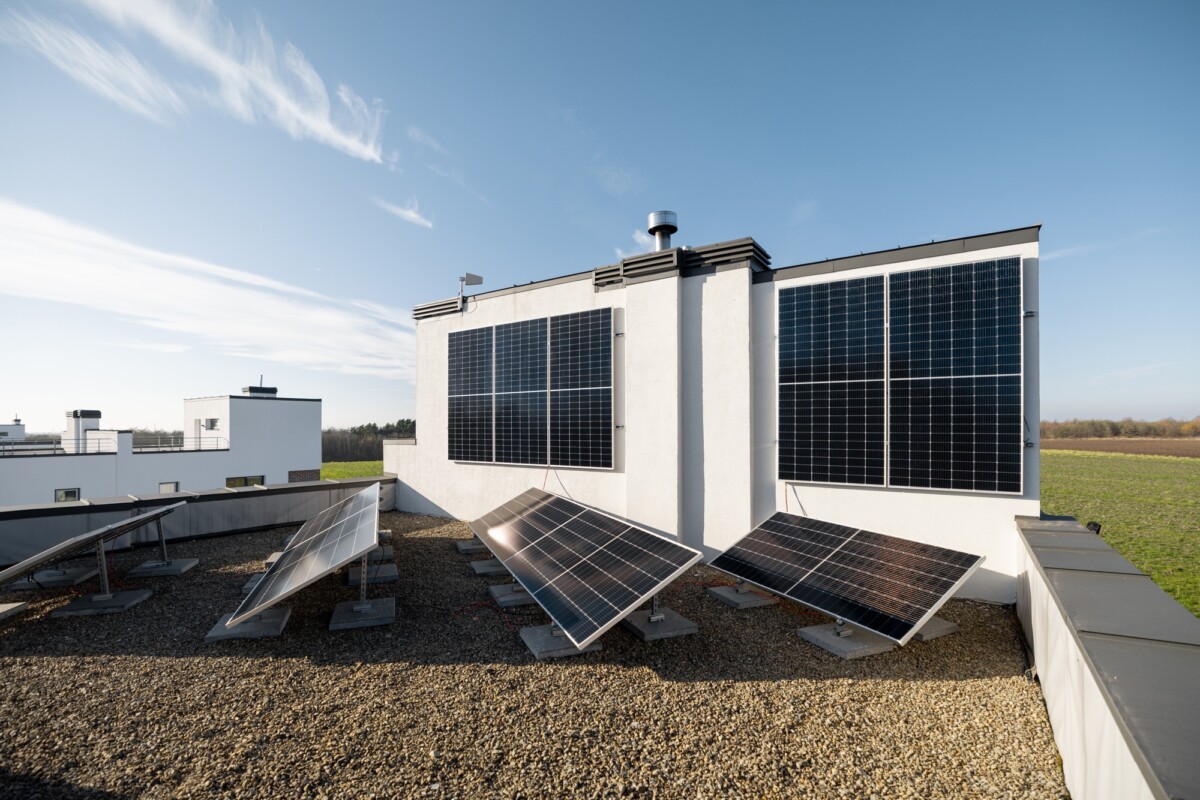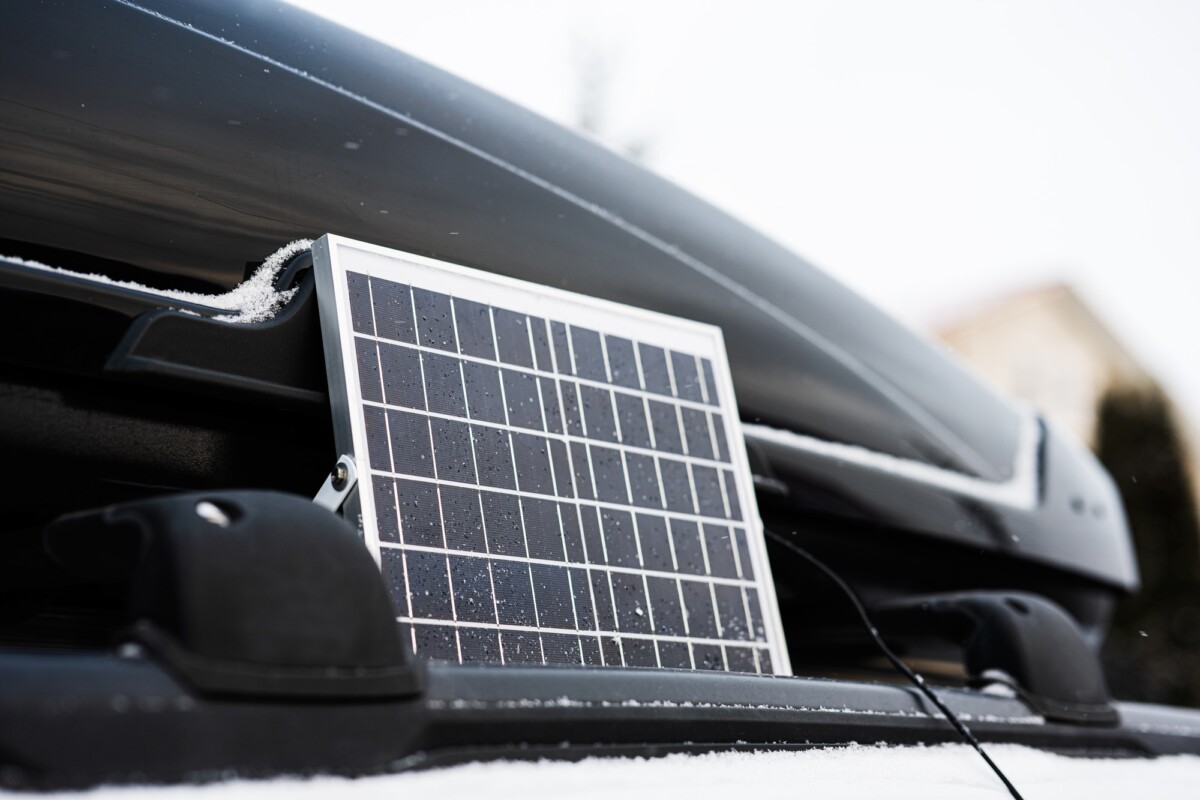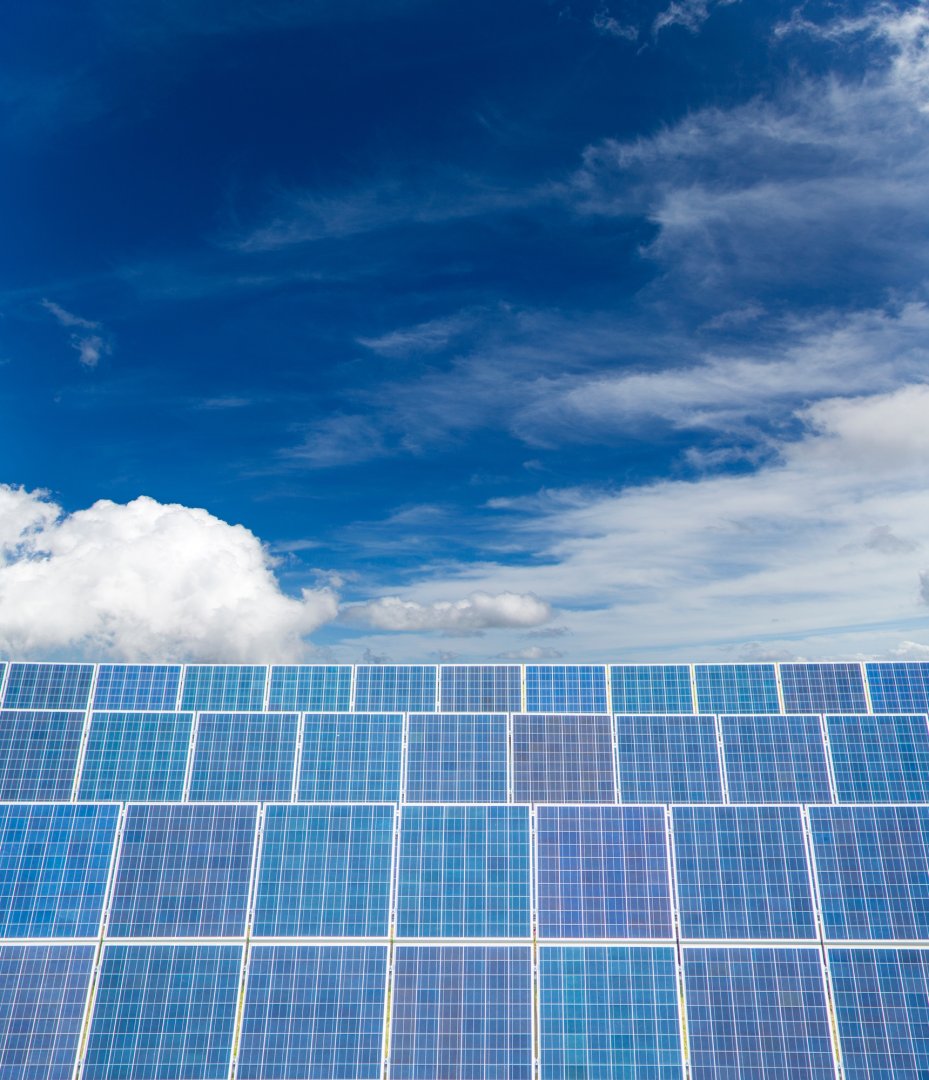One of the most plentiful sources of renewable energy currently accessible is solar power. With technological advancements, we can harness this energy more innovative and efficiently than ever before. This article will examine the diverse solar energy applications, spanning from households to commercial and industrial environments.
Residential Solar Energy Applications
Solar panels have become increasingly popular in residential settings, particularly in areas with high electricity rates or significant sunlight exposure. Here are some of the most common residential applications of solar energy:
1. Solar Water Heaters
Solar water heaters use solar panels to heat water for use in the home. They are a popular alternative to traditional gas or electric water heaters, as they significantly reduce energy bills.
2. Solar-Powered Outdoor Lighting
Solar-powered outdoor lighting is an excellent way to illuminate your property without relying on traditional electricity sources. These lights are powered by small solar panels that collect energy during the day and store it for use at night.
3. Solar-Powered Generators
A solar-powered generator is a great way to ensure that you have power during power outages. These generators use solar panels to collect energy during the day and store it in a battery for use at night or during power outages.
Commercial Solar Energy Applications
Commercial settings can benefit greatly from solar energy. Here are some of the most common commercial applications of solar energy:
1. Solar-Powered Lighting
Commercial properties can use solar panels to power outdoor lighting systems, reducing the need for traditional electricity sources.
2. Solar-Powered HVAC Systems
Solar-powered HVAC systems can heat and cool commercial buildings using solar energy. These systems can significantly reduce energy bills and lower the carbon footprint of the building.
3. Solar-Powered Water Pumps
Commercial properties that require water pumps, such as those in agricultural settings, can benefit from solar-powered water pumps. These pumps use solar panels to power their pump, reducing energy costs and increasing efficiency.

Industrial Solar Energy Applications
Industrial settings can benefit greatly from solar energy. Here are some of the most common industrial applications of solar energy:
1. Solar-Powered Steam Generation
Industries that require steam can use solar energy to generate steam using solar collectors. This can significantly reduce energy costs and lower the industry’s carbon footprint.
2. Solar-Powered Process Heat
Industries that require high-temperature process heat can use solar energy to generate heat using solar collectors. This can significantly reduce energy costs and lower the industry’s carbon footprint.
3. Solar-Powered Lighting
Industries can use solar panels to power lighting systems, reducing the need for traditional electricity sources.
Environmental Benefits of Solar Energy
Solar energy has several environmental benefits, making it a popular choice for individuals and businesses alike. Here are some of the key environmental benefits of solar energy:
1. Reduced Carbon Footprint
Solar energy produces zero emissions, making it a clean and renewable energy source. Using solar energy can significantly reduce the carbon footprint of individuals, businesses, and industries.
2. Reduced Water Consumption
Many traditional power plants require large amounts of water to generate electricity. Solar energy, however, does not require any water, making it a more environmentally friendly option.
3. Reduced Land Use
Traditional power plants can require significant amounts of land to generate electricity. Solar panels, however, can be installed on rooftops, reducing the need for additional land use.
4. Reduced Noise Pollution
Many traditional power plants produce significant amounts of noise pollution. Solar energy systems, on the other hand, produce no noise, making them a more pleasant option for those living or working nearby.
Conclusion
Solar energy is an abundant and renewable energy source that has the potential to transform the way we power our homes, businesses, and industries. With technological advancements and decreasing costs, solar energy is becoming a more accessible and cost-effective option for many. From residential solar water heaters to industrial solar-powered steam generation, there are a wide variety of applications for solar energy that can help reduce energy costs and lower our carbon footprint.
In addition to solar energy’s economic benefits, there are several environmental benefits. Solar energy produces zero emissions, requires no water, and takes up minimal land use, making it a more sustainable option for energy production.
With the rising popularity of solar energy, we can anticipate a plethora of groundbreaking applications emerging in the near future. From solar-powered transportation to large-scale solar farms, the possibilities are endless.
To sum up, solar energy can transform the methods we generate and utilize. Utilizing this abundant and renewable resource can reduce our reliance on traditional energy sources, lower our energy costs, and help protect the environment for future generations. There are many benefits to exploring solar energy applications within your environment, regardless of whether you are a homeowner, business owner, or industry pioneer.
FAQS
What are the applications of solar power?
Solar power can be used for various applications, including generating electricity for homes, businesses, and industries, heating water, and powering outdoor lighting.
What are the three applications of solar cells?
Three applications of solar cells are:
- Solar-powered calculators and watches.
- Remote power systems for telecommunications equipment and other remote devices.
- Large-scale solar power plants generate electricity for the grid.
Why is solar power important?
The significance of solar power lies in its renewable and environmentally friendly nature, which can aid in diminishing reliance on fossil fuels and mitigating the impacts of climate change.
What are the main uses of solar energy?
The main uses of solar energy include generating electricity, heating water, and powering outdoor lighting. Additionally, solar energy can be used for heating and cooling buildings and providing power to remote locations.
What are the different types of solar power systems?
The different types of solar power systems include grid-tied, off-grid, and hybrid systems.
How does a solar panel work?
A solar panel works by converting sunlight into direct current (DC) electricity using photovoltaic (PV) cells made of silicon and other materials.
What is the lifespan of a solar panel?
The lifespan of a solar panel can vary, but most panels are designed to last for 25 to 30 years or more.
Are solar panels expensive?
The cost of solar panels has decreased significantly in recent years, and many government incentives and financing options are available to make solar more affordable.
Can solar power work on cloudy days?
Yes, solar panels can still generate electricity on cloudy days, although their efficiency may be lower than on sunny days.
How can I determine if solar power suits my home or business?
You can determine if solar power is right for your home or business by considering factors such as your energy usage, location, available roof space, and financial incentives. Consulting with a solar provider or energy consultant can also help you determine if solar is a good fit for your needs.


